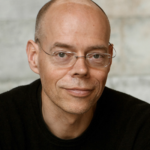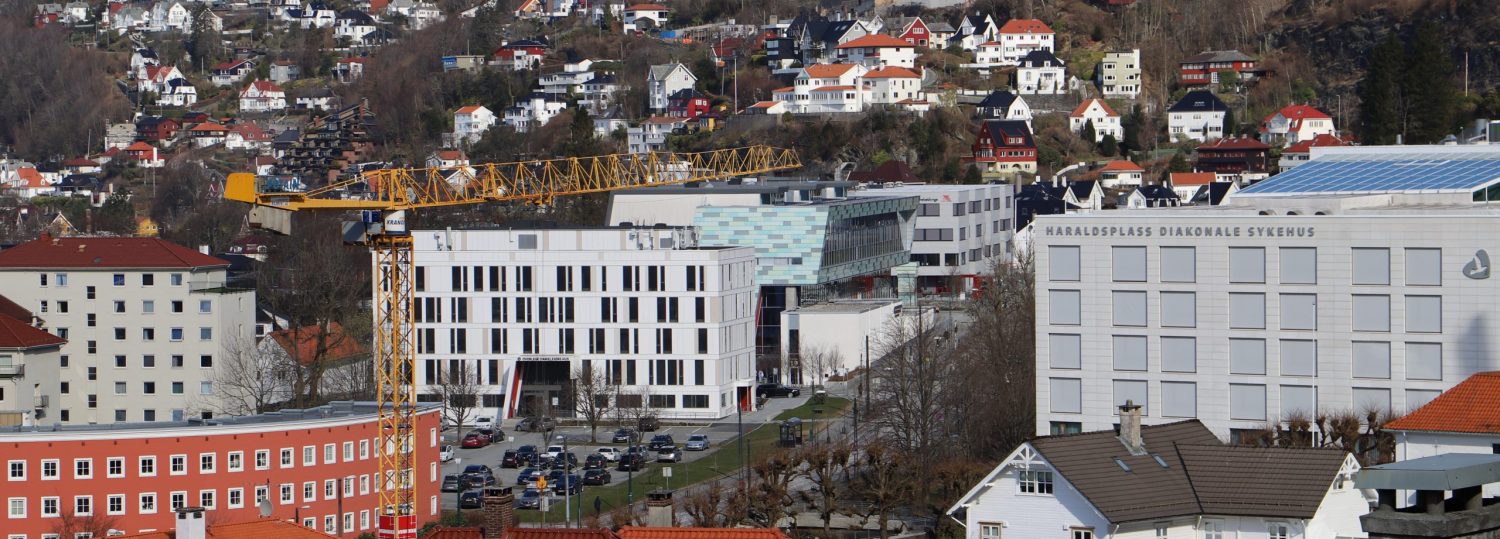 Education as motivation
Education as motivation
Teaching deals with a paradox of human nature. On the one hand learning, and thus personal change, is constantly happening – it is the continuous construction of meaning through interpretation of and adaptation to the stream of life. On the other, we resist change that demands work, and we prefer to feel that we already see reality the way it is. Thus, the hardest task for educators is often-times to “sell” the idea, motivate learners to invest in learning, create curiosity, and spark the desire to find out more, become better. Motivation is inherent in the good feelings we have when we play and have fun. It is the desire to do it more, and it hinges on the satisfaction of three human needs – for autonomy, competence and attachment. If we want to succeed as educators, motivation theory can be quite motivating.
I have been head of education at IGS since 2017, and I now hand over this responsibility to Øystein Ariansen Haaland, who is a professor of statistics, and dedicated to good teaching. During these last few years, academics at IGS have made our department stand out as a highly competent part of the faculty of medicine, and of the university as such, both in research and education. We have colleagues who work hard to grow as educators, who inspire both their students, each other, and the wider community of academics. Clearly, there is a lot of motivation in our various sections at IGS – we thrive on autonomy, competence and attachment. The latter – feeling that others care about us – is the most important, and the least acknowledged, since it is intangible, largely unconscious, easy to take for granted, and hard to create. And – we may not want to know how important it is, because admitting a need for attachment exposes us as the vulnerable and not entirely self-sufficient beings that we are.
Great tasks lie ahead of us in the years to come. Vestlandslegen is on the path to becoming a reality, with a 50 % increase in the number of medical students, and huge investments in infrastructure and intellectual innovation. At IGS the new master’s program in health and society is becoming established. The ethics, pharmacy and statistics sections, to mention a few, have developed inspiring innovations, and many others are investing in competence building and better ways to support learning. So, what’s in it for us? Research documents that academic institutions characterized by widespread engagement in education are also awash in collaboration, scientific innovation and workplace satisfaction (1).
Enjoy spring in Bergen!
Edvin Schei
Head of education
IGS
- Massy, W.F., Wilger, A.K., Colbeck, C.: Departmental cultures and teaching quality. Overcoming ”hollowed” collegiality. Change, July/August, s. 11-20, 1994.
